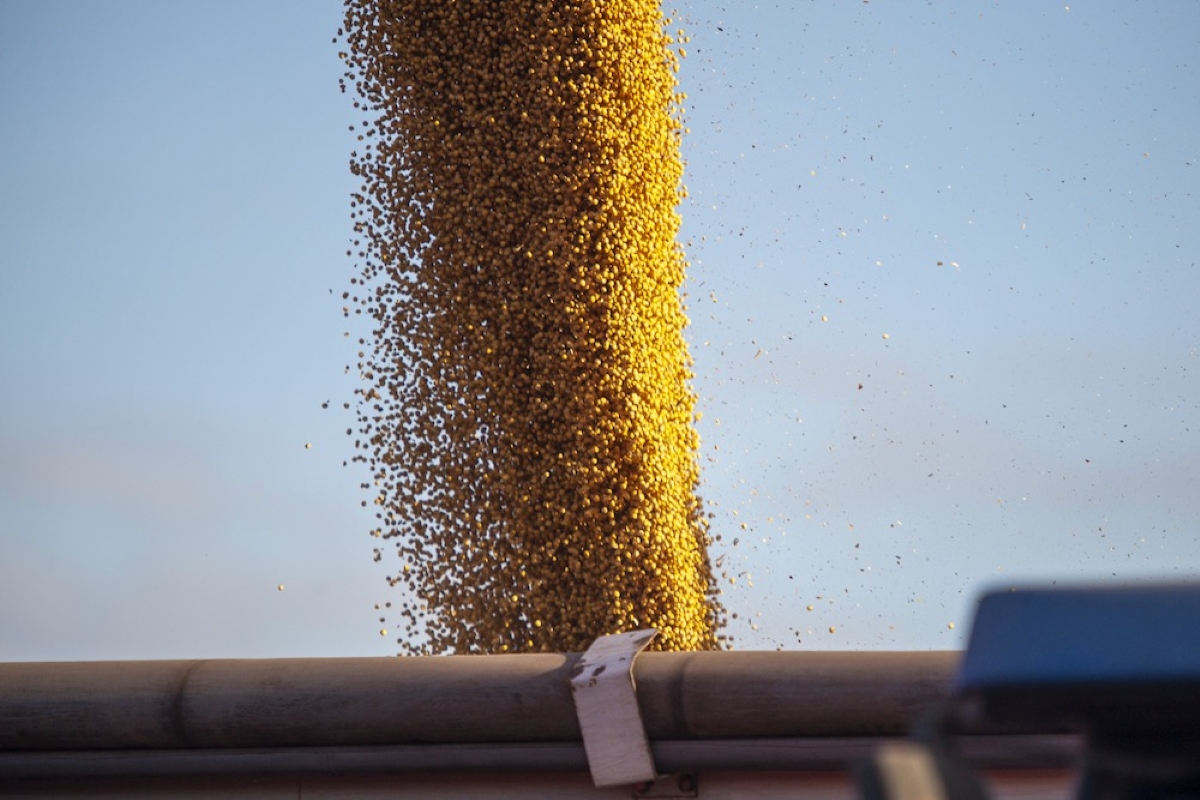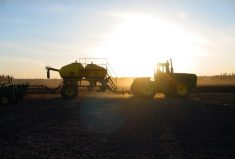Many of us have become used to buying things that aren’t complete right out of the box. There’s probably no better example of this than the software industry, where products are often released to customers and released again when the “bugs” are out.
Todd Hyra can’t speak for the entire grain industry, but as far as SeCan is concerned, its western business manager says there’s no such thing as a “Version 2.0” of any of the varieties it distributes.
“By the time a new variety lands with us it’s been through eight to 10 years of trials and then through the registration system for three years. And so we’re already 12 years into a variety’s development process,” said Hyra at Ag in Motion 2024, held July 16-18 near Langham, Saskatchewan.
Read Also

Brazil to reap record soy crop in 2025/2026, increase exports
Brazil’s Conab said the country will reap a record soybean crop of 177.6 million tons in the 2025/2026 harvest year, according to data released on Thursday.
It’s farmer seed growers that make the call as to whether a variety is going to work or not, he said.
“The real magic in our system is the fact that our seed growers will multiply those for two more years under full-on field conditions. They’ll grow them with commercial equipment on their land in the area where they’re going to be sold.”
“And so it’s our farmer seed growers that are the ones that grow, process and sell these varieties locally that provide the final proof. And if they work for them on their farm those last two, three years of production, then the bugs are pretty much out.”
That doesn’t mean a variety is perfect, but it’s been through such a rigourous process that it’s as perfect as it’s going to get, said Hyra.
“There’s always an environmental curveball that will come your way that you may not see coming; some disease or something that you might not have ever expected,” he said.
“But for the most part, it’s that last three years of full-on commercial production by a local seed grower that provides the proof. And if they don’t work for the seed growers, they’ll quite often kill off a variety before they’re ever going to go commercial. If they like it, then their customers can be assured that it’s going to work in their area.”















